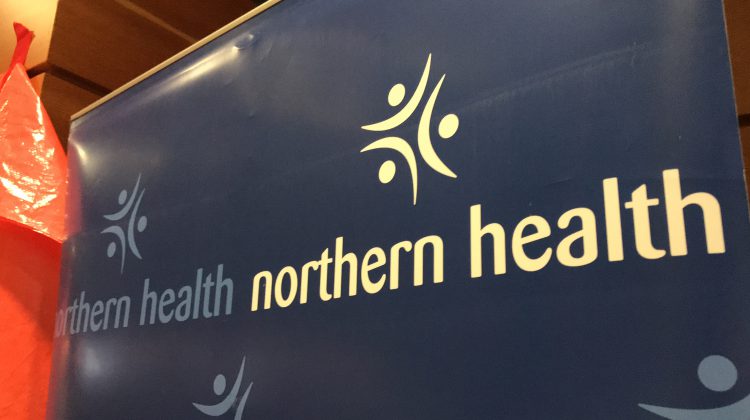High temperatures and humidex values are anticipated for much of our region.
Northern Health reminds residents and visitors to be aware of the risks of too much heat or sun exposure.
This can lead to weakness, disorientation, and exhaustion.
In severe cases, it can also lead to heat-related illness or heat stroke, also known as sunstroke. Heatstroke can be a life-threatening medical emergency.
The very young, people over 65 years of age, those with chronic illness, residents who exercise or work outdoors, and people who are socially isolated are among the most vulnerable.
Symptoms of heat-related illness or heat stroke include pale cool moist skin, fever, heavy sweating, rapid breathing, headache, confusion, weakness or fatigue, nausea, and muscle cramps.
People with these symptoms should move to a cool environment, rest, and drink cool, non-alcoholic beverages. If symptoms worsen or are severe, people should visit an emergency room or their family doctor.
To protect you and your family from heat illness, keep the following in mind:
Something going on in the Prince George area you think people should know about?
Send us a news tip by emailing [email protected].
- Watch or listen for local weather forecasts and alerts so you know when to take extra care
- Drink plenty of fluids. Drink extra water even before you feel thirsty and if you are active on a hot day. Avoid beverages that contain caffeine or alcohol as these lead to dehydration.
- Avoid tiring work or exercise in hot, humid environments. If you must work or exercise, drink 2 to 4 glasses of non-alcoholic fluids each hour. Rest breaks are important and should be taken in the shade.
- Keep cool. Stay indoors in air-conditioned houses and buildings such as malls, community centres, arenas and shops. At temperatures above 30°C (86°F), fans alone while helpful may not be able to prevent heat-related illness.
- If you do go outside, plan your outdoor activity before 10 a.m. or after 4 p.m., when the sun’s Ultraviolet (UV) radiation is the weakest, and seek shaded green spaces.
- Wear lightweight, light-colored, loose-fitting clothing and a wide-brimmed hat, or use an umbrella for shade.
- Never leave children or pets alone in a parked car. Temperatures can rise to 52°C (125°F) within 20 minutes inside a vehicle when the outside temperature is 34° C (93°F). Leaving the car windows slightly open will not keep the inside of the vehicle at a safe temperature.
- Avoid sunburn. Use a broad-spectrum sunscreen with SPF 30 or higher on exposed skin and an SPF 30 lip balm. Remember, sunscreen will protect against the sun’s ultraviolet (UV) rays but not from the heat.
- Check with your doctor or pharmacist to see any medication you take puts you at higher risk for developing heat-related illness (eg. water pills)






